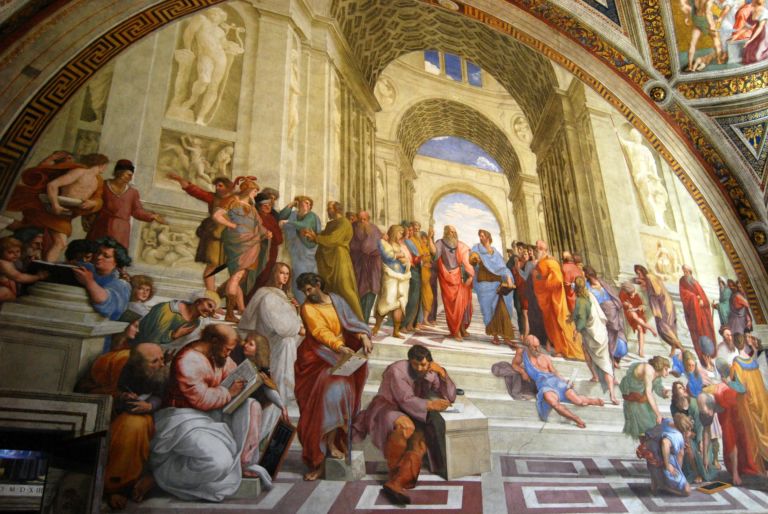Daniel Cox documents a disturbing trend in young people’s political attitudes.
The rapid increase in liberal identify among young women has led some to speculate that young men are moving in the opposite direction. Jean Twenge declared in her recent book, “Generations,” that the gender divide is going to become a defining feature of our politics. She writes: “Among liberals, the future is female and among conservatives, the future is male.” It’s an argument that offers compelling symmetry. Except that it’s not at all what we see in most polls.
As The Hill’s Daniel de Vise recently noted, even the data that Twenge cites shows that the overwhelming majority of teenage boys and girls identify as moderate. Other surveys tell much the same story. In a recent survey, we at the Survey Center on American Life found that the gender gap is most pronounced among political moderates, among whom young men are overrepresented by a considerable margin. More than 60% of young moderates among our respondents were men. Gallup polls stretching back more than two decades have consistently shown that the most common political identity among young men is moderate.
That young people would gravitate toward the political middle makes sense: They are being politically noncommittal as they figure out what they think and where they fit. For many young people, “moderate” can serve as a political placeholder as more stable partisan attachments develop.
Or the phenomenon could reflect feelings of political apathy. Even as young men readily share their thoughts about political matters, they are far less likely than young women to say these issues are priorities for them. On gun violence, climate change and racial inequality, young men express substantially less concern than young women.
One important reason the politics of young men is so difficult to pin down is that so few have participated in institutions that shape their values and help them identify their purposes.


